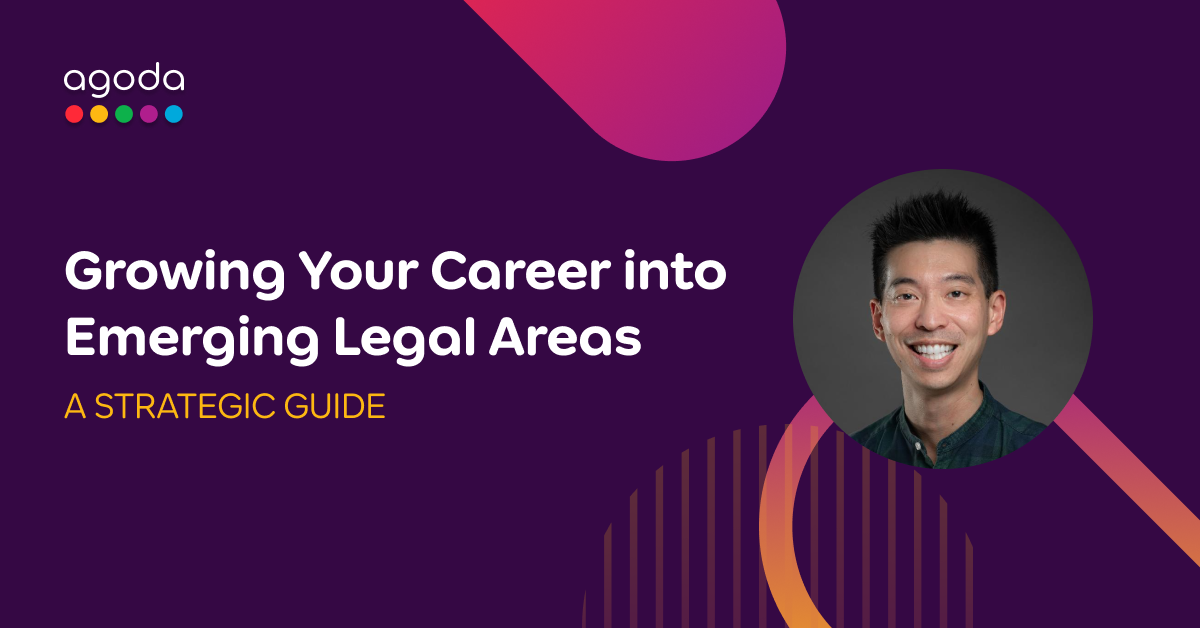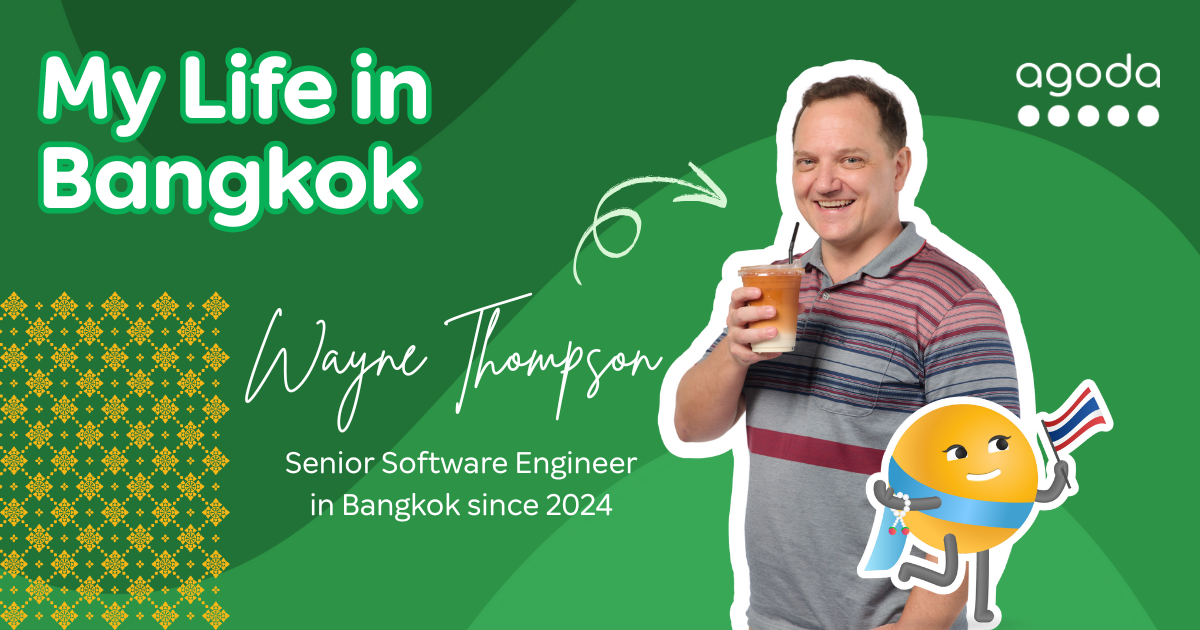
As you set out and develop into your legal career, no one gives you a predefined set of rules to follow. There is good reason for that. Everyone’s career is different and is influenced by many factors, including your background, your personality and external factors present in your environment. While this article will not give you a fixed set of rules to follow, it will hopefully serve as a strategic guide, outlining some common concepts that could serve you well as you identify emerging areas of law and adapt your career accordingly. In the last part of the article, I aim to bring this all together, explaining how I have expanded my legal areas of expertise to cover Artificial Intelligence law.
Developing your Legal Career with Intention
An open mind is just as important as setting clear career goals early on in your career. As a rule of thumb, you should never let a golden opportunity pass you by. When I started off in privacy practice in New Zealand, the keys for me were to quickly gain experience over a number of different areas of law and then to identify and practice in an area which would take me overseas and out of my comfort zone.
Although the focus on emerging areas of law was not the original focus of mine, experiencing and practicing law outside my home country grew my legal skills, and expanded my horizons personally and professionally. In this phase of my career, it was as much about benchmarking my legal skills internationally as it was understanding myself and experiencing and appreciating a different set of cultures. This type of growth mindset sets a strong foundation for being able to identify opportunities and the ability to filter through them. In this part of your career, good mentors and managers are key to your development, and these are relationships that you keep and foster over time.
Emerging Legal Areas are Context Specific
There is one thing that I can say with certainty, the legal landscape will change over time. Before leaving New Zealand, I had identified banking and finance as the legal area to gain experience in and open up opportunities for me in London. As it turned out, my prior experience in Real Estate law took me to Dubai for five years. Through the global financial crisis I got brought into an in-house Group Legal function which allowed me to practice in areas that I had some experience in, Commercial, Corporate and Disputes in addition to what was meant to be a role focusing on Real Estate legal matters.
The legal hot area at that time, Oil and Gas, was impacted by the global financial crisis and other legal areas started to take hold in a challenging environment. Quickly the focus on new technologies was coming to the fore.
Keeping ahead of Emerging Legal Areas and Aligning these to your Personal Values
Spotting emerging legal areas ahead of when they become popular means keeping informed and following trends as they unfold. Think of technological changes and the rise of legal areas such as Data Privacy, Cybersecurity and Artificial Intelligence. Typically, reading reliable sources such as Harvard Business Review to identify industry trends is useful, and the secret is to identify an emerging area that could be compatible with your own personal values. For example, if you are not motivated or driven by this age of technology, then maybe ESG or another evolving emerging legal area is more suitable for you. A tool that could prove useful to you is writing down a list of what is important to you and aligning that with an area of law. If you are a more experienced legal professional, then another potential tool is job crafting and writing down a role that you find engaging and rewarding.
The Steps in Building Expertise in an Emerging Legal Area
After you choose an emerging legal area to pursue, you will need to build expertise in the area. This is typically a blend of academic certification and taking the initiative to find the opportunity to practice in this chosen area. Being intentional is key, and you will need to have some exceptional people around you supporting this, particularly in your workplace. As you start gaining a foothold in your chosen area, attending conferences, networking and joining professional organizations become important. As you further develop, personal branding aligning with the emerging legal area and recognition over social media (e.g. LinkedIn) showcasing your new area of legal expertise becomes essential as may the publishing of articles or speaking at events.
Bringing it all Together – Building a Career in Artificial Intelligence Law
My thinking around Artificial Intelligence as a legal field started in 2020 when I changed my company and role during Covid-19. This new company environment in a leading consultancy allowed me to step outside my comfort zone and identify trends ahead of time. As important, being in a new legal team environment allowed me to observe and consciously architect in my mind a new legal subteam in the areas of Artificial Intelligence, Data Privacy and Cybersecurity. The issue though were barriers in the team environment, resulting in a lack of opportunity to push forward in these areas. Accordingly, I laid out my plan and subsequently returned to my former company.
In early 2023, I got lucky. ChatGPT exploded onto the scene, and it gave me the opportunity that I could execute on. I was fortunate to have the incredible support from my former General Counsel, Tom Thomas, and current General Counsel, Anna Suchopar who have both provided unbelievable thought partnership and support, along with others in my senior management and at my Group level. This strong support network was crucial to making this happen, after setting the foundation a year or two earlier.
In the early part of 2023, I undertook a course in Artificial Intelligence law, and in addition to this, started practicing in this area, leveraging my prior experiences with data privacy and program creation. I then started to upskill my own team, but only after I had upskilled myself.
My experiences in Artificial Intelligence law have been good so far. Implementing an AI Governance program and Responsible AI risk management framework is not a copy and paste of implementing a privacy program. You have to be aware of the differences, and one important difference is that AI law so broadly touches on many different areas of law. If your team already has employment lawyers, consumer and commercial lawyers, and product lawyers then the emphasis will need to be on a collaborative approach to addressing AI legal risk, and that also means building out complementary skills like effective collaboration and the human skills which ironically distinguish us from algorithms and robots. As you specialize in this area of legal risk, you may also need to take ownership over your own legal department’s adoption of Generative AI, like I have to date.
Concluding Remarks
While there is no definitive guide on how to successfully navigate a legal career and on how to build expertise in new legal areas, there are some common concepts and themes that can help you do this. Remaining open-minded, being able to identify and filter various opportunities, and being very intentional at what you do are some key ingredients. Even with this in mind, you will need to be proactive in building new legal skills throughout your career and creating opportunities to practice in new legal fields that may require you to step outside your comfort zone. If you are able to do all of this while remaining true to your personal values, then hopefully this will create an interesting and rewarding legal career over many years.
This article is originally published in InHouse Southeast Asia 2025. Read the full publication here: https://thelegalindustry.com/inhouse-southeast-asia-2025/
About the Author
Brendan Pat is Chief Privacy Officer at Agoda.
Featured Jobs
At this moment we have 3 jobs you might be interested in.
Job
Team
Location
Principal Specialist, Global Investigator (Bangkok Based, Relocation Provided)
Legal
Bangkok, Thailand




